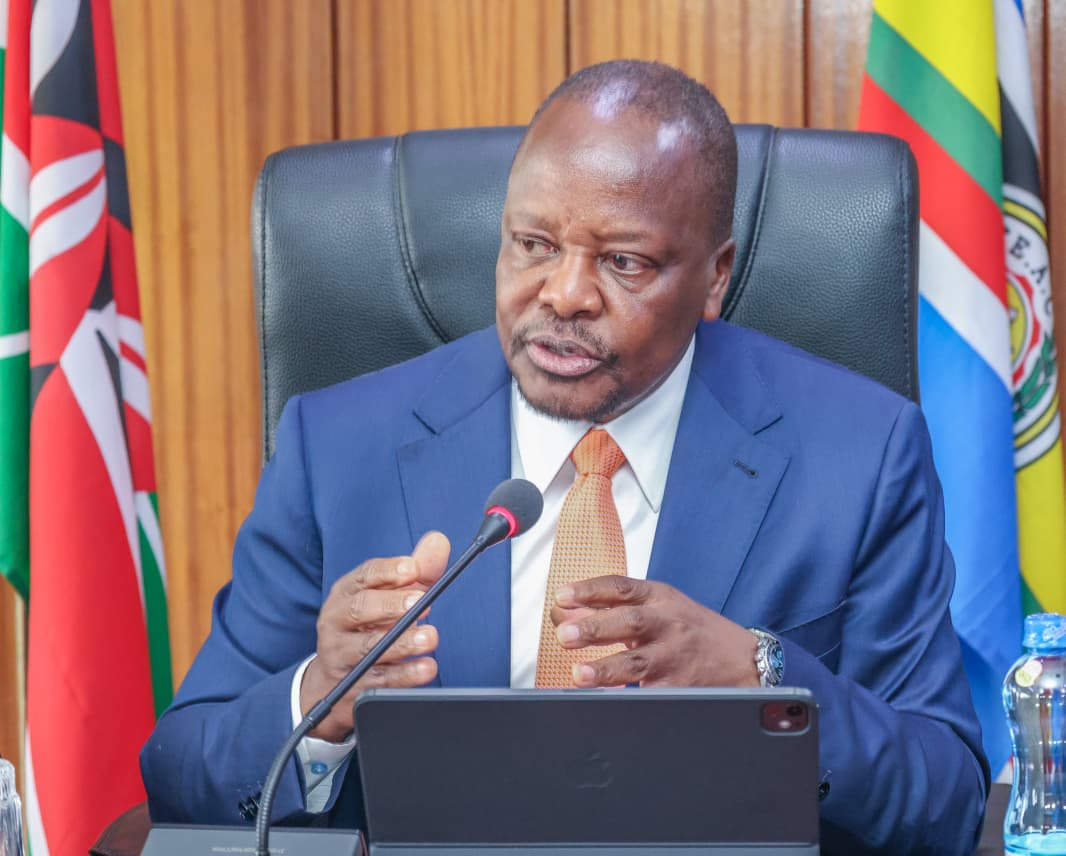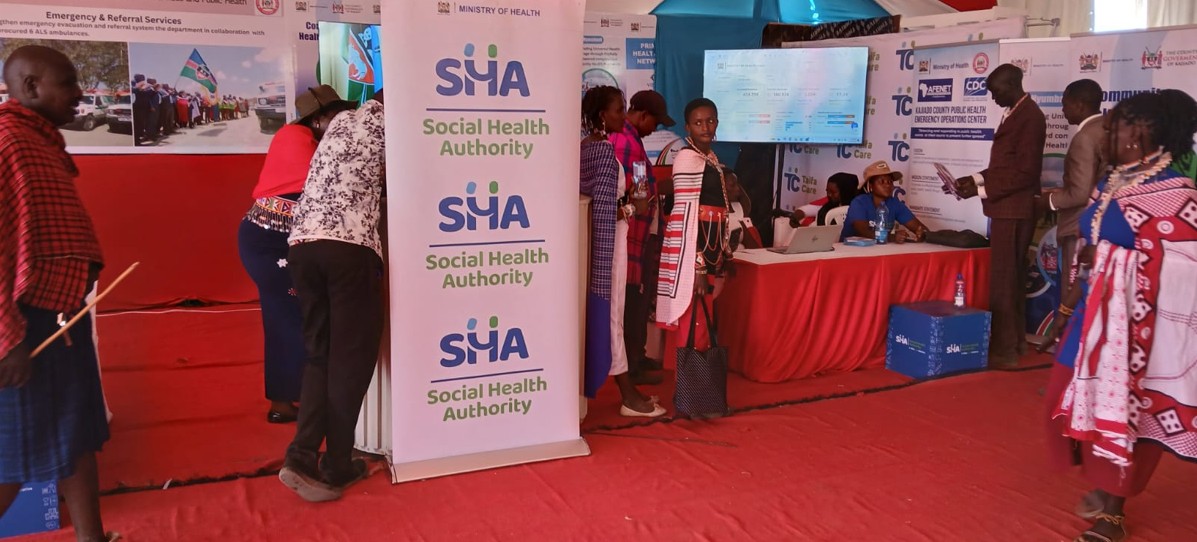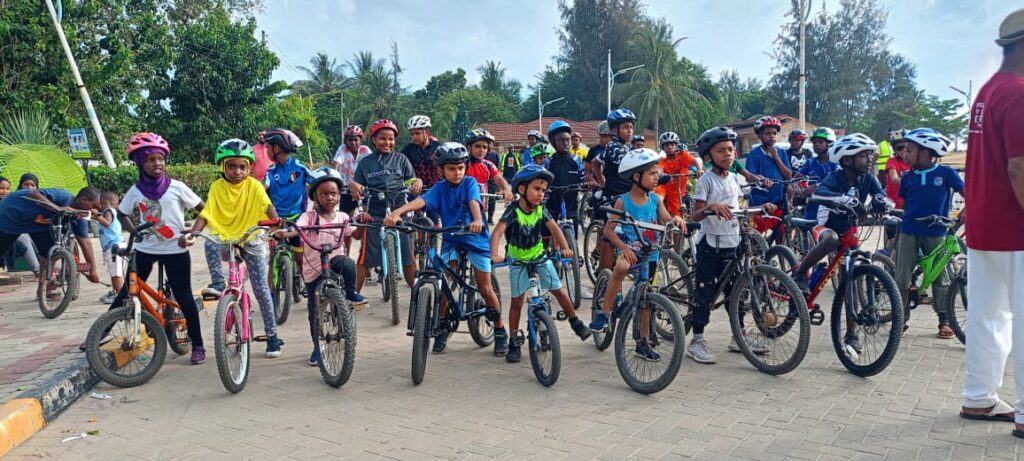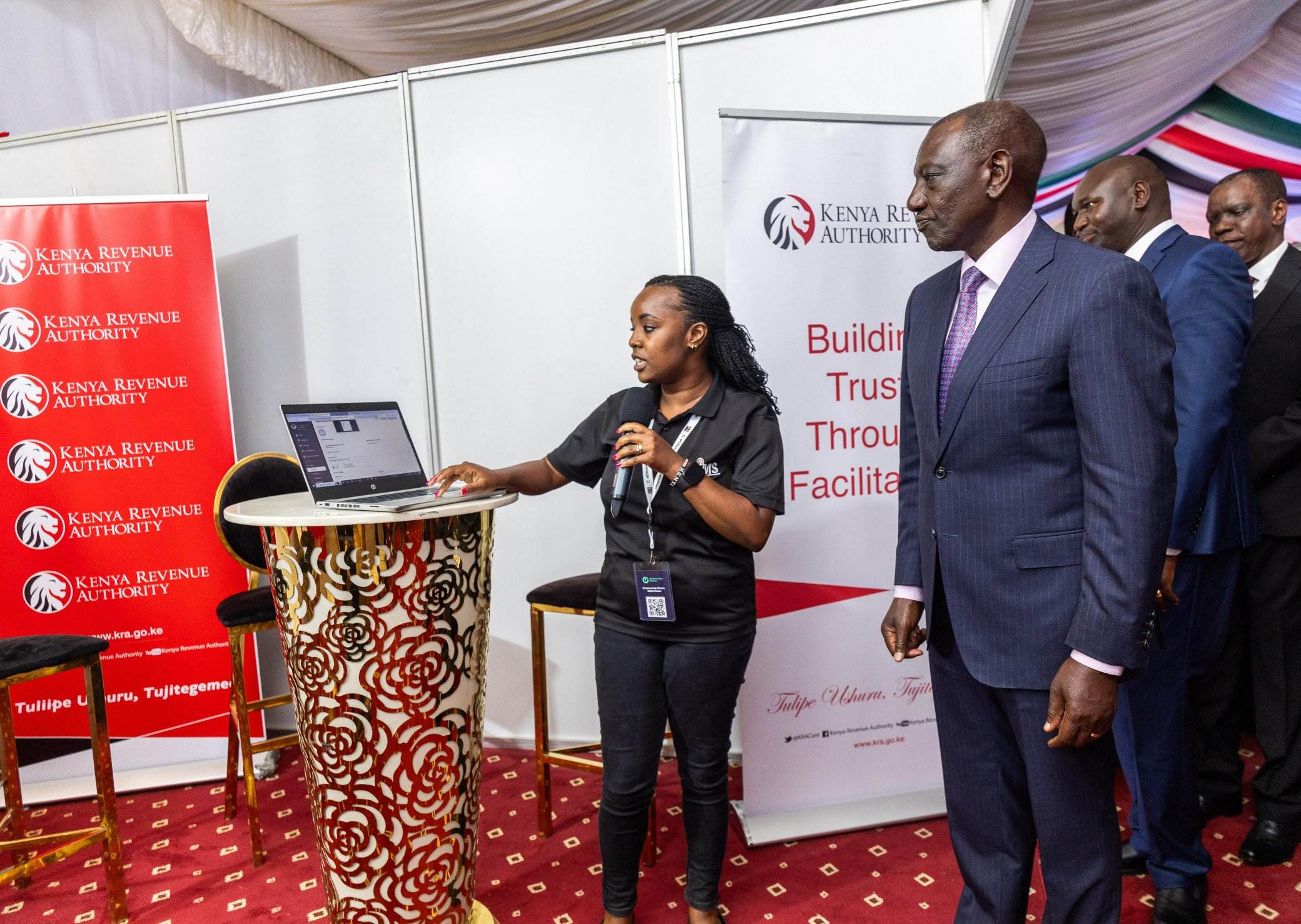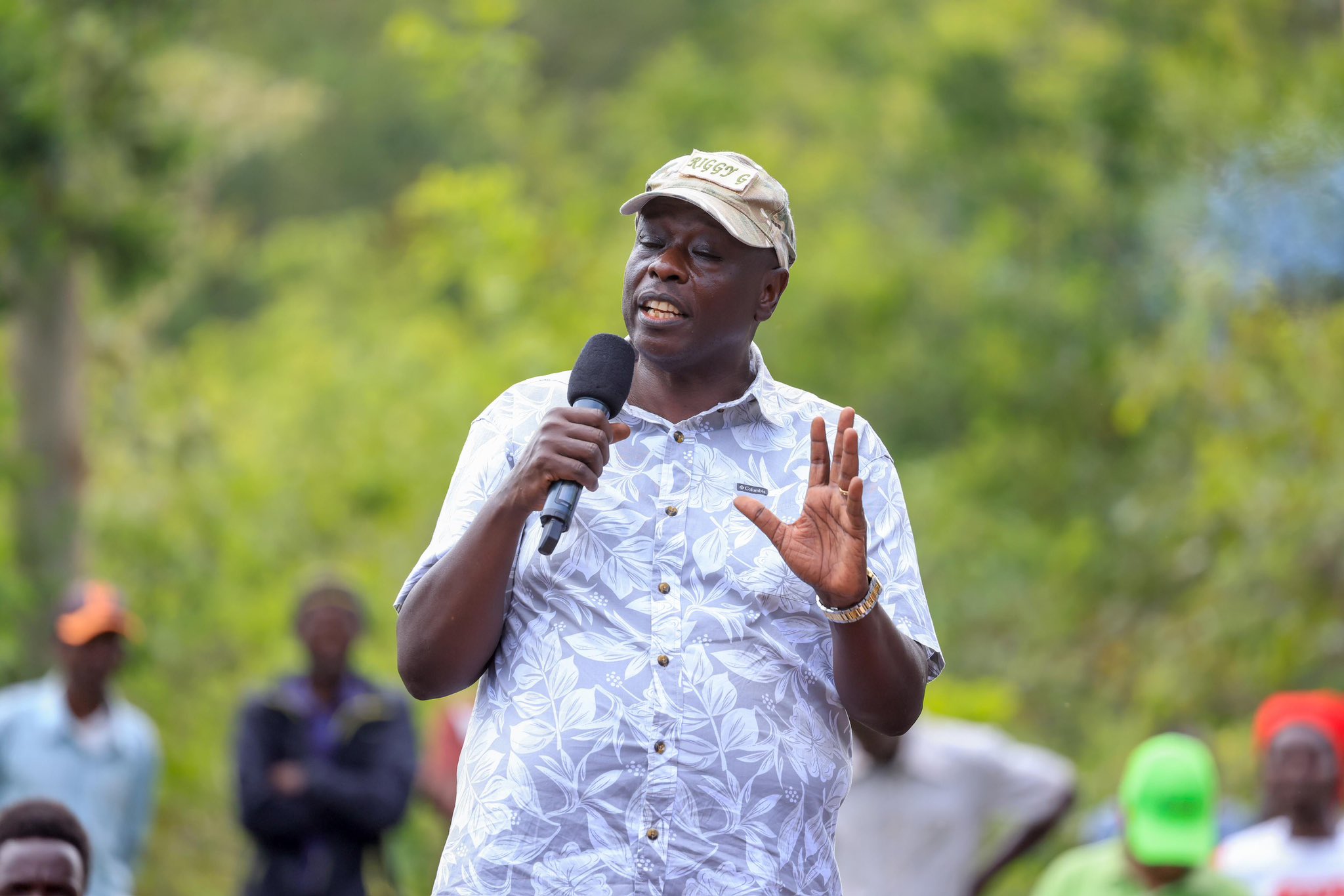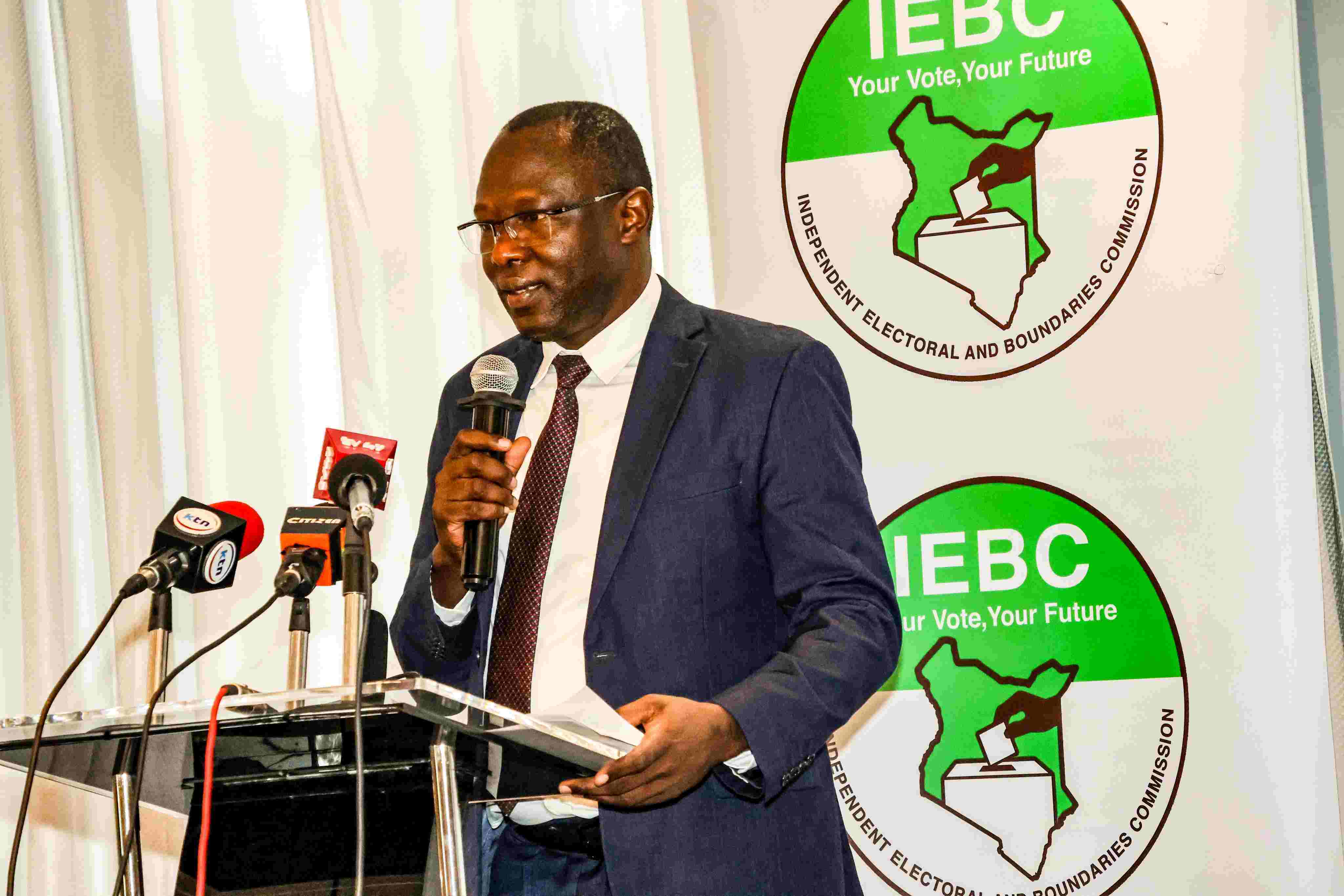Genocide prevention expert raises alarm over alleged Sudan atrocity crimes
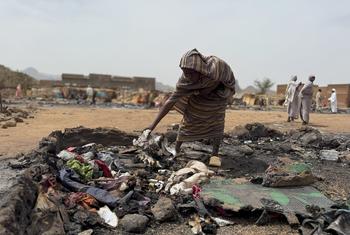
Beyani’s office said risk indicators for atrocity crimes are present in Sudan but emphasises that only an international court or other legal body can make a determination of genocide.
The UN Special Adviser on genocide prevention has raised concerns over widespread allegations of war crimes committed in Sudan’s El Fasher last month, and plans to meet his African Union counterpart on Friday to discuss a coordinated response.
“We see massive violations of international human rights law, direct attacks on civilians, noncompliance with international humanitarian law, which regulates conduct in relation to hostilities, and that the attacks are largely on civilians,” said Chaloka Beyani, who recently took up his post as Special Adviser of the Secretary-General for the Prevention of Genocide.
More To Read
- Sudan puts Russian Red Sea naval base plans on hold to focus on domestic crisis
- Sudan: Kordofan cannot become ‘another El Fasher,’ UN rights chief warns
- Sudan’s crisis deepens with communities trapped in ‘siege conditions’
- From protesting tyranny to saving lives: How Sudan’s networks are responding to war
- Rights group calls for nationwide Sudan arms ban amid deadly attacks
- ‘I have to talk about it' - rape and terror sparks mass migration in Sudan
Beyani told UN News in an interview on Thursday that he had spoken to the Resident Coordinator in Sudan, Denise Brown, and plans to issue an advisory to Secretary-General António Guterres, the Security Council, and the wider UN system.
Sounding the alarm
“Once our office sounds the alarm, the alarm rings over and beyond the ordinary violations of human rights or of international humanitarian law,” he said.
“It indicates that the threshold is about to be crossed, and therefore there has to be early action taken.”
Graphic reports and videos began circulating at the end of last month online of apparent war crimes committed by the Rapid Support Forces (RSF) militia as its fighters finally took control of the Darfuri capital of El Fasher from Government troops, following more than 500 days of siege.
Horror in Darfur
“We cannot hear the screams, but – as we sit here today – the horror is continuing,” said UN relief chief Tom Fletcher, briefing the Security Council on October 31.
Beyani’s office said risk indicators for atrocity crimes are present in Sudan but emphasises that only an international court or other legal body can decide on genocide.
The UN-backed International Criminal Court (ICC) expressed profound alarm in a statement on Monday over the reports of mass killings, rapes and other crimes emerging from El Fasher, noting that its investigation of alleged war crimes committed since the outbreak of war in April 2023 is ongoing.
“Within the ongoing investigation, the office is taking immediate steps regarding the alleged crimes in El Fasher to preserve and collect relevant evidence for its use in future prosecutions,” the prosecutor’s office underlined.
RSF agrees ‘humanitarian ceasefire’: reports
The RSF reportedly agreed to a “humanitarian ceasefire” on Thursday, following mounting criticism of its fighters’ actions in and around El Fasher.
Leaders of the militia group said they would accept the terms of the truce proposed by a mediation group comprising the United States, Saudi Arabia, and the United Arab Emirates, according to news reports.
Agony continues for civilians
Meanwhile, the UN is warning of a worsening humanitarian situation in North Darfur, where thousands of families displaced from El Fasher are living in extremely harsh conditions.
“Across Tawila and surrounding areas, displaced people are without adequate food, clean water, shelter or medical care,” Deputy UN Spokesperson Farhan Haq said on Thursday.
Aid agencies are working with local partners to set up new camps, adding to the more than 650,000 people already in Tawila.
In Tawila Al Omda alone, over 3,000 recent arrivals urgently need plastic sheeting, mats and blankets as temperatures drop.
Many, including the injured, people with disabilities, and unaccompanied children, sleep in the open. Similar conditions affect more than 6,500 people in Daba Al Naira and Um Jangour camps.
Top Stories Today
